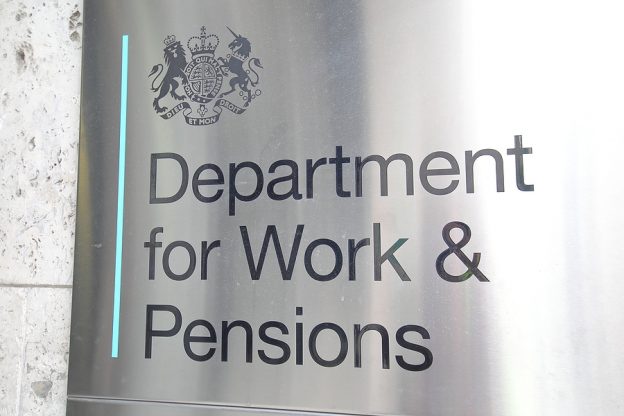
Chancellor Rishi Sunak set out the government’s one year plan for the UK economy in his November Spending Review. Significant by its absence was any change to the tax system. But our COVID-19 debt needs to be recovered at some point. And most financial professionals expect alterations to the tax system to be announced in the March 2021 Budget.
The government needs to save money, which means raising taxes and cutting tax reliefs. Apparently Mr Sunak is “very attracted” to the idea of creating a flat rate pension tax relief of 25%. This will have a significant impact on your final pension pot. Whether this is positive or negative, depends on your income tax bracket.
How does pension tax relief work now?
At the moment, you can claim pension tax relief at the rate you pay income tax. So, if you’re a Basic Rate tax payer, you get 20% pension tax relief. A Higher or Additional Rate taxpayer can claim 40% or 45%, respectively.
What will the changes mean to the different levels of UK taxpayer?
Here lies the crux of the matter. Basic rate taxpayers will benefit from the proposed 25% flat rate pension tax relief and all other taxpayers will lose out.
Aegon published their evaluation, which includes a clear comparative example of what this means in actual monetary terms. They’ve looked at how much each level of taxpayer would gain or lose, if they saved £100 into their pension in the current and proposed tax arrangements.
Basic Rate Taxpayer
- Earns between £12,001 and £50,000 per year
- Pays 20% income tax
- Entitled to 20% pension tax relief
- Pays £100 per month into defined contribution pension, sees this increased to £125 with current 20% tax relief
- Pays £100 into pension, sees this increase to £133.33 with new 25% flat rate pension tax relief
- Gains £8.33 per month
Higher Rate Taxpayer
- Earns between £50,001 and £150,000 per year
- Pays 20% income tax on earnings to £50,000 and 40% on everything else
- Entitled to 40% pension tax relief
- Pays £100 per month into defined contribution pension, sees this topped up to £166.66 with current 40% tax relief
- Pays £100 into pension, sees this decrease to £133.33 with new 25% flat rate pension tax relief
- Loses £33.33 per month
Additional Rate Taxpayer
- Earns over £150,000 per year
- Pays 20% income tax on earnings to £50,000, 40% on earnings to £150,000 and 45% on everything else
- Entitled to 45% pension tax relief
- Pays £100 per month into defined contribution pension, sees this topped up to
- £181.81 with current 45% tax relief
- Pays £100 into pension, sees this decrease to £133.33 with new 25% flat rate pension tax relief
- Loses £48.48 per month
Which tax bracket are you in?
Would a 25% flat rate pension tax represent a gain or loss to your final pension pot?
As pensions are designed for you to accumulate money over time, in order to support yourself after retirement, the total gains and losses will be quite considerable when applied over time.
It’s a mathematical fact that some taxpayers will lose out on thousands of pounds, unless they pay in extra themselves so they can still meet their future financial plans.
As part of their analysis, they looked at how much this will affect individuals’ final pension pots, in particular financial circumstances.
- 22 year old Basic Rate taxpayer, earning £27,000, paying 4% pension, benefits by £21,000 overall
- 35 year old, Higher Rate taxpayer, earning £60,000, paying 4%, loses £85,000. Unless they up their own monthly contributions by £50.
Is this government policy?
This is not current government policy. It’s an idea that’s being widely discussed as one potential part of the UK’s COVID-19 economic recovery plan. It will save the government money in Higher and Additional taxpayer pension tax relief payments. Although putting those individuals in a worse long term financial position.
Any changes could effect UK non residents if they are paying into a UK pension scheme.
Balancing such equally important concerns across a whole country’s budget is an unenviable task.
We’re waiting for the 2021 Budget to see what decisions the Chancellor settles on and will let you know as soon as possible.
Tony Shanks